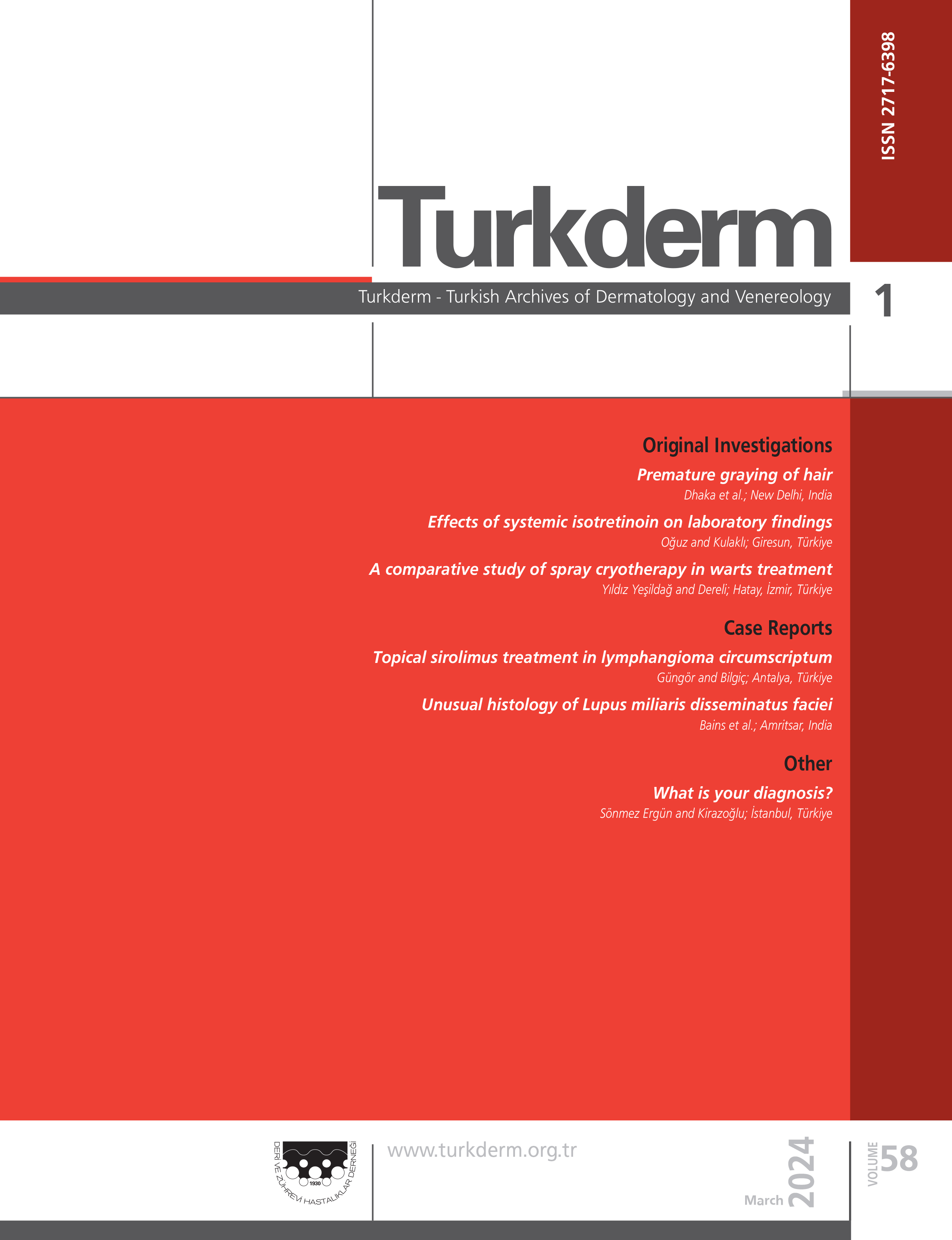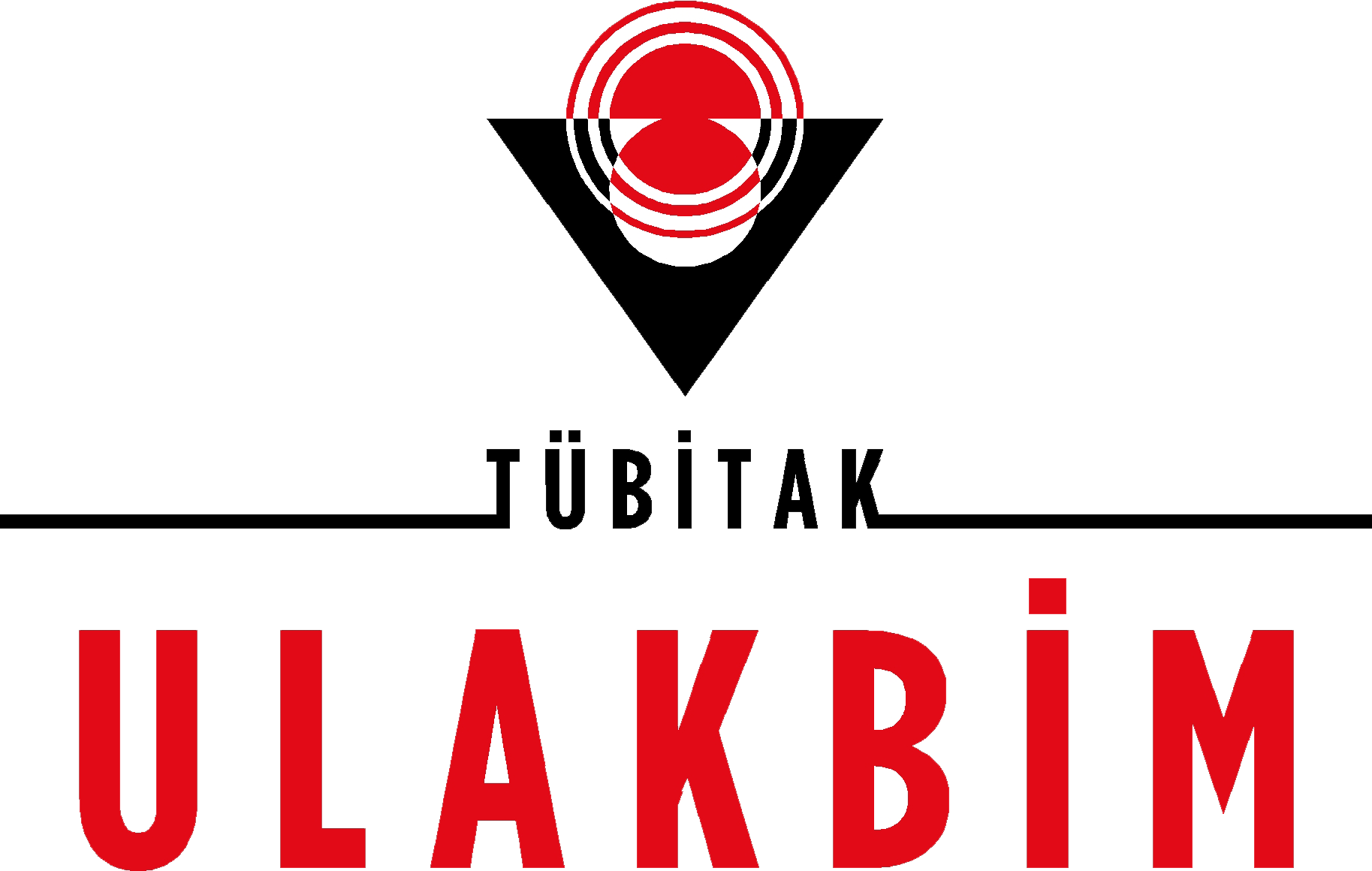Problems and Proposals of Their Solutions in Dermatology Residency Training: A Survey of Residents Opinions in Turkey
Sadık Yılmaz, Vahide Baysal AkkayaDepartment Of Dermatology, Suleyman Demirel University School Of Medicine, Isparta, Turkey.Background and Design: There are many problems in dermatology residency training. The purpose of this study was to describe dermatology residents opinions about problems and proposals of their solutions of dermatology residency training programs in Turkey. In addition, by means of these estimations to propose efficient and standard curriculum components are aimed.Material and Method: A descriptive pilot study was designed and a questionnaire was prepared to describe the problems and suggestions for the solution in dermatology residency education. The survey was conducted between 20 June 2006 and 09 August 2006. The questions were prepared in accordance with a 1 to 5 Likert-type scale to evaluate the level of importance and sufficiency of the residents opinions. Results: Sixty seven (52 female, 15 male) residents responded to the survey. Based on the importance evaluation, although clinical-pathological meetings were the most important educational component, all other educational components were also indicated as important. Based on the sufficiency evaluation, the least sufficient educational components were photodermatology/laser therapy training (score, 1,82 of 5,0 ) and cosmetic dermatology (1,83). Sufficiency levels of educational components such as textbook review, translation and discussion (3,86) journal club (4,04), preparation of seminar (4,03) and allergy training (2,95) were evaluated as sufficient. All other educational components were determined as insufficient. Overall, the greatest discrepancies between the importance and sufficiency for all educational components were observed in cosmetic dermatology education (2,50). Conclusion: This is the first study to assess dermatology residency education based on the residents perspectives, in Turkey. These results show the necessity for review and revise of some of the elements and the necessity to prepare a standard curriculum of dermatology residency education. It is appropriate to concentrate on this item in the new program which will be prepared.
Keywords: Dermatology, residency education, residentcDermatoloji Uzmanlık Eğitiminde Sorunlar ve Çözüm Önerileri: Asistan Görüşlerinin Değerlendirilmesi
Sadık Yılmaz, Vahide Baysal AkkayaSüleyman Demirel Üniversitesi Tıp Fakültesi Deri ve Zührevi Hastalıklar Ana Bilim Dalı. IspartaAmaç: Dermatoloji mezuniyet sonrası eğitiminde birçok sorunla karşılaşılmaktadır. Bu çalışma ile Türkiyedeki dermatoloji asistanlarının bu sorunlar hakkındaki görüşlerini ve çözüm önerilerini tespit ederek etkili ve standart eğitim programları önerebilmek hedeflenmiştir. Gereç ve Yöntem: Dermatoloji asistanlık eğitimindeki sorunları ve çözüm önerilerini tespit edebilmek için tanımlayıcı bir pilot çalışma planlanmış ve bir anket formu hazırlanmıştır. Çalışma 20 Haziran ile 09 Ağustos 2006 tarihleri arasında yapılmıştır. Sorular asistan düşüncelerinin yeterlilik ve önem düzeylerini değerlendirebilmek için 5li Likert ölçeğine göre tasarlamıştır. Bulgular: Çalışmaya (52 kadın, 15 erkek) toplam 67 kişi katılmıştır. Eğitim bileşenlerinin önemlilik değerlendirmesinde, en önemli konunun kliniko-patolojik toplantılar olduğu bildirilmesine rağmen diğer tüm bileşenlerin de önemli olduğu tespit edilmiştir. Yeterlilik değerlendirmesinde ise en yetersiz bileşenler olarak fotodermatoloji/lazer (puan 5,0 üzerinden 1,82) ve kozmetik dermatoloji eğitimleri (1,83) olduğu tespit edilmiştir. Ayrıca, seminer hazırlama (4,03), dergi, makale, literatür saatleri (4,04), textbook derlemesi, çevirisi, tartışılması (3,86) ve alerji (kontakt dermatit, patch test) eğitimi (2,95) dışında kalan tüm bileşenler yetersiz olarak değerlendirilmiştir (en az 1,82, en çok 2,58). Tüm araştırma değerlendirildiğinde, önem ile yeterlilik arasındaki farkın en fazla olduğu alan kozmetik dermatoloji eğitimi (2,50) olarak dikkat çekmektedir.
Sonuç: Bu çalışma ülkemizde dermatoloji eğitimi hakkında asistan görüşlerinin alınarak yapıldığı ilk değerlendirme niteliğindedir. Sonuçlar göstermiştir ki eğitim bileşenlerinin yeniden gözden geçirilerek düzenlenmesi ve standart bir asistan eğitim programı hazırlanması gerekmektedir. Yeni program hazırlanırken de özellikle bu konulara daha fazla ilgi gösterilmesi uygun olacaktır.
Corresponding Author: Sadık Yılmaz, Türkiye
Manuscript Language: Turkish






















